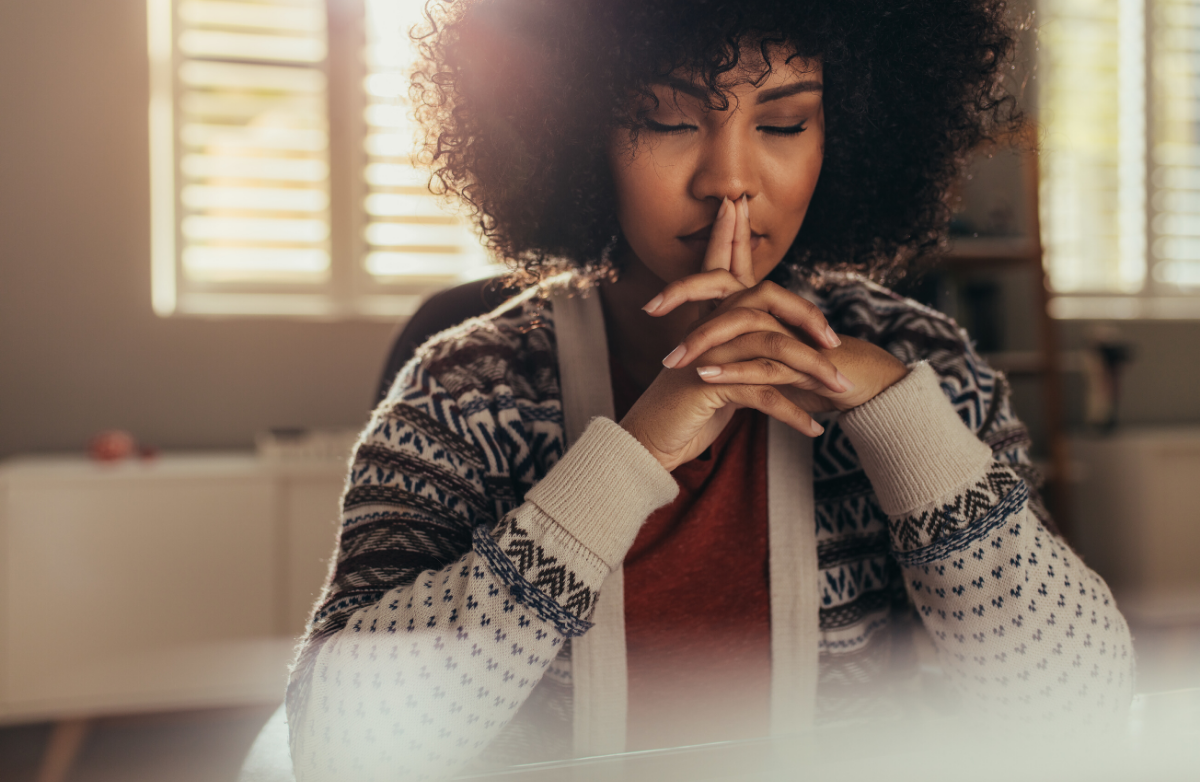|
My family is generally healthy, and we don't get sick enough to need medication very often. But somehow I find that periodically, my medicine cabinet begins to overflow with little bottles and boxes of things that I may or may not ever use. I try to clean things out from time to time, but I'm never really sure what should stay and what should go. (I'll admit, I don't have a great excuse for that since I'm married to a pharmacist.) But recently I came across some helpful information that surprised me, so I thought it would be interesting to share with all of you. If you're like me, you keep your medications (prescription and non-prescription) in your bathroom cabinets. Did you know that's the last place you should put it? The heat and moisture from bathroom showers can degrade the product over time, making it less potent. Also be sure to remove the cotton ball that comes in the top of some bottles because that can attract moisture and bacteria. The ideal location for storing medicine is somewhere cool and dark that's out of reach of young children or pets. If you have prescription medications that have expired, you should take them to your local pharmacy for disposal. It's never a good idea to throw those items directly into the trash. Whoops! That's one I've never thought about before. Think about which products in your cabinet you really need, and consider getting rid of the ones you don't. Most people need items for basic illnesses like colds and fevers. It's also a good idea to have some first aid supplies (like Band-Aids and hydrocortisone cream). But do you really need five half-empty bottles of cough syrup? Maybe not. Go through your cabinet once or twice a year and get rid of anything that has expired or won't be used. Finally, if you have questions about medication you're taking, the best person to ask about it is your local pharmacist. Your doctor can be helpful to a certain extent, but a pharmacist is specifically trained in this area, and is often more educated about what you're taking and the effect it has on your body. Don't be afraid to ask to see a pharmacist when you pick up your prescription at your local Wal-Mart. They should be more than happy to answer your questions. Any other tips you'd like to share? |
Popular Entries
|



.png)











